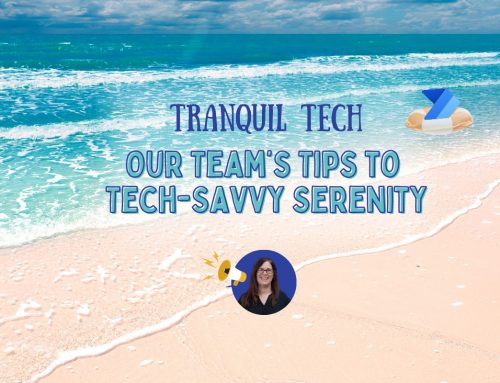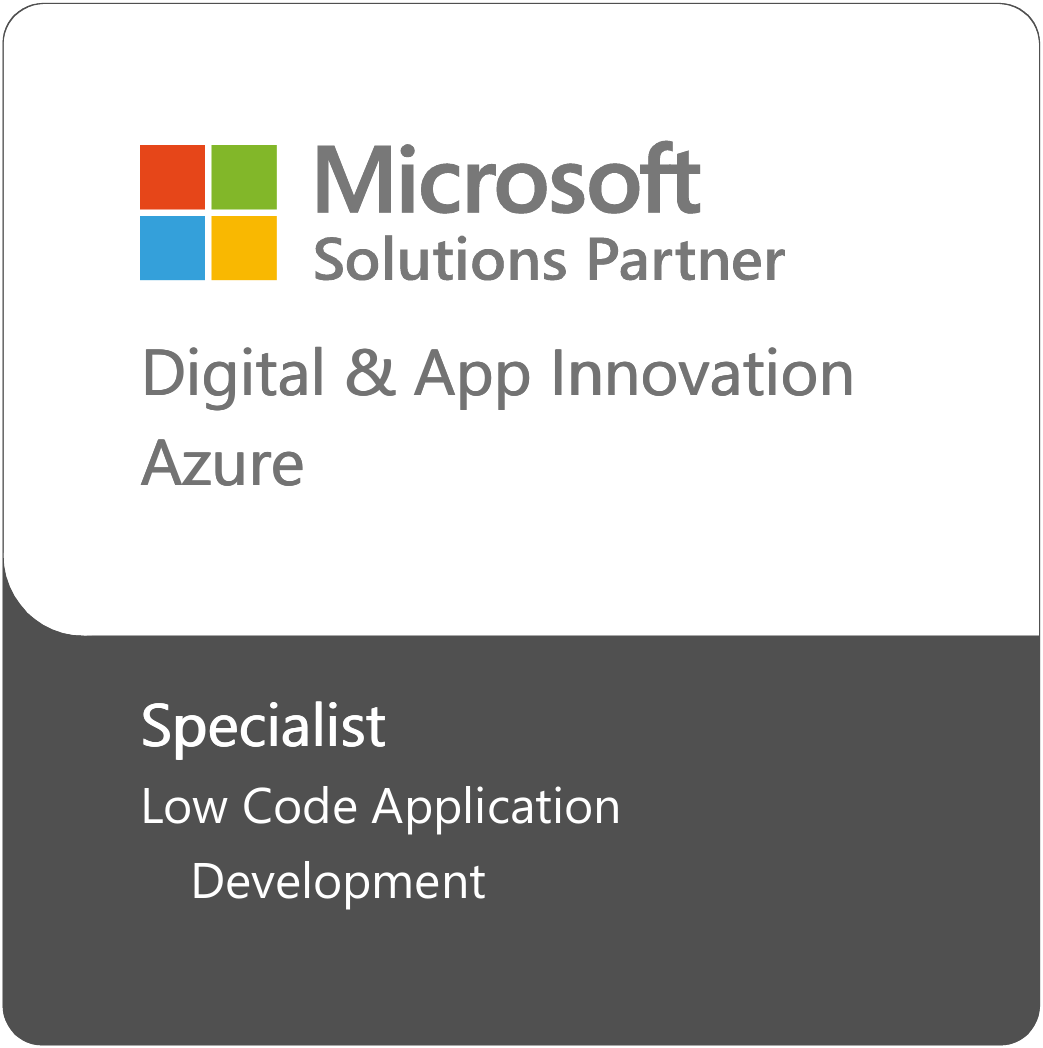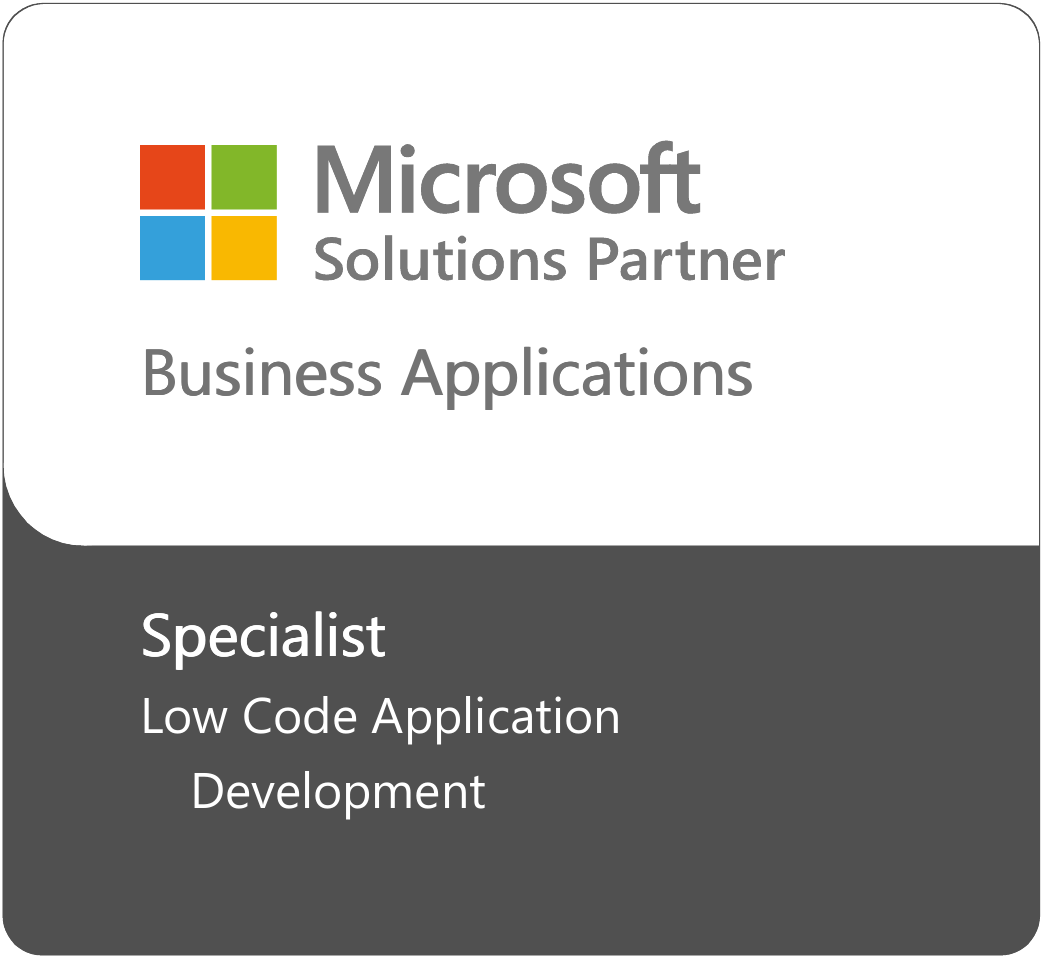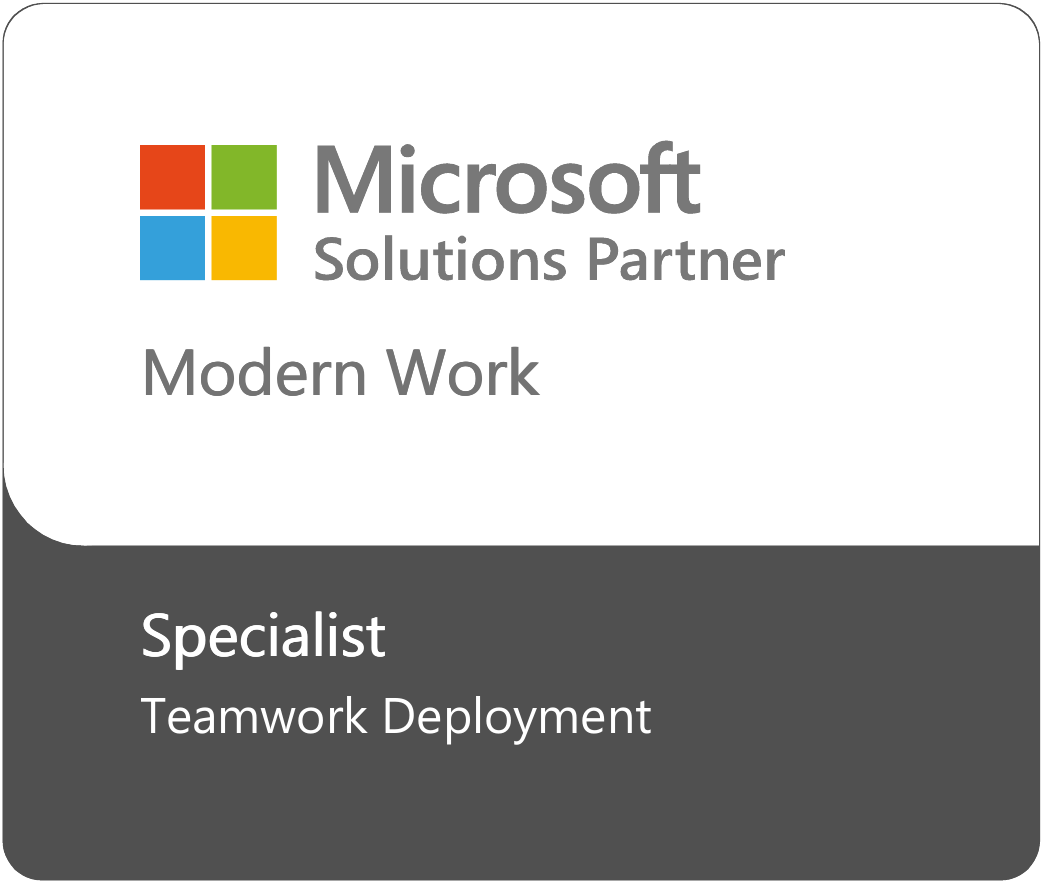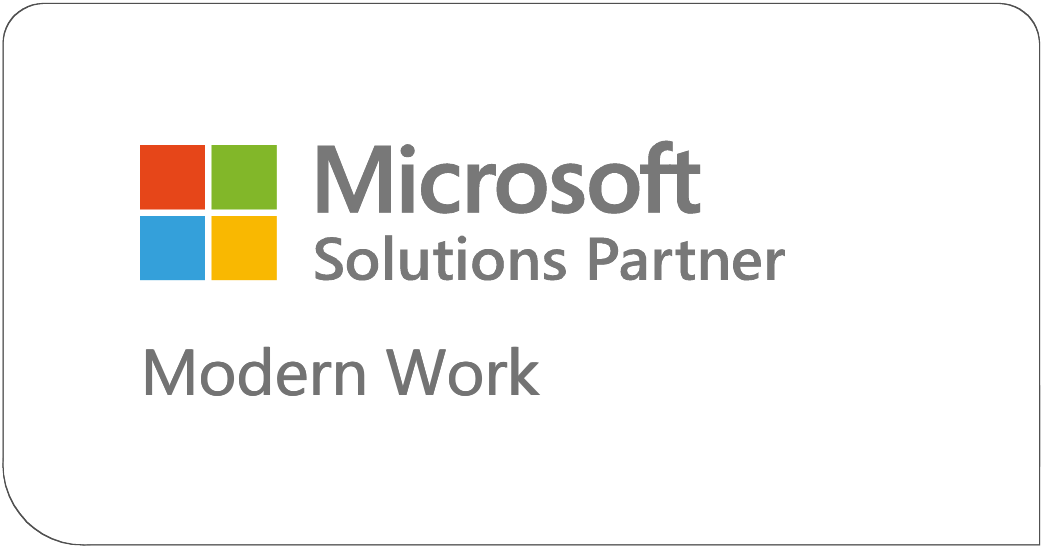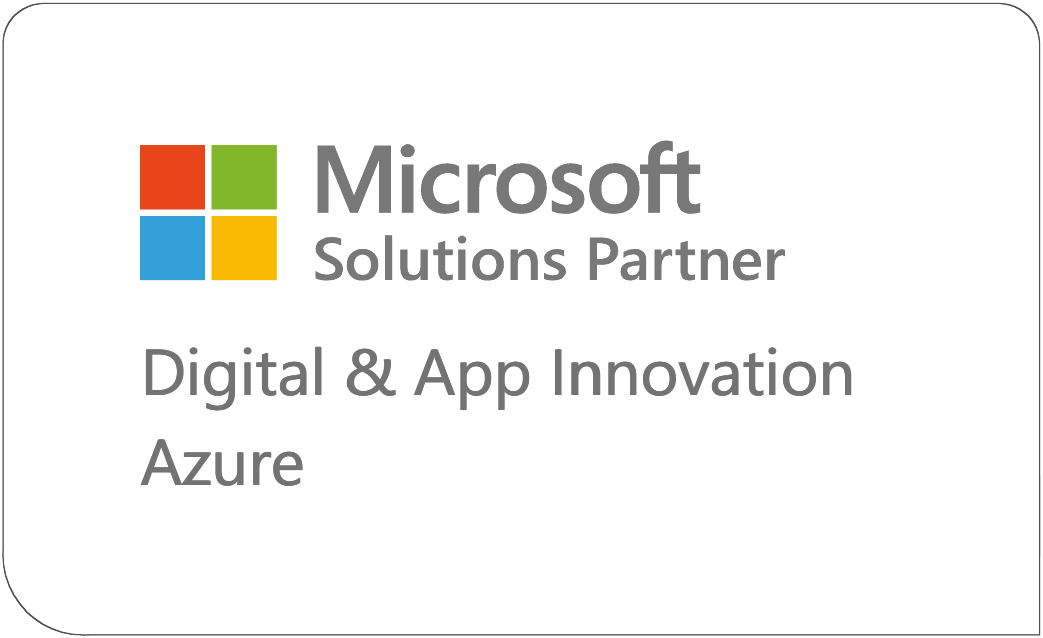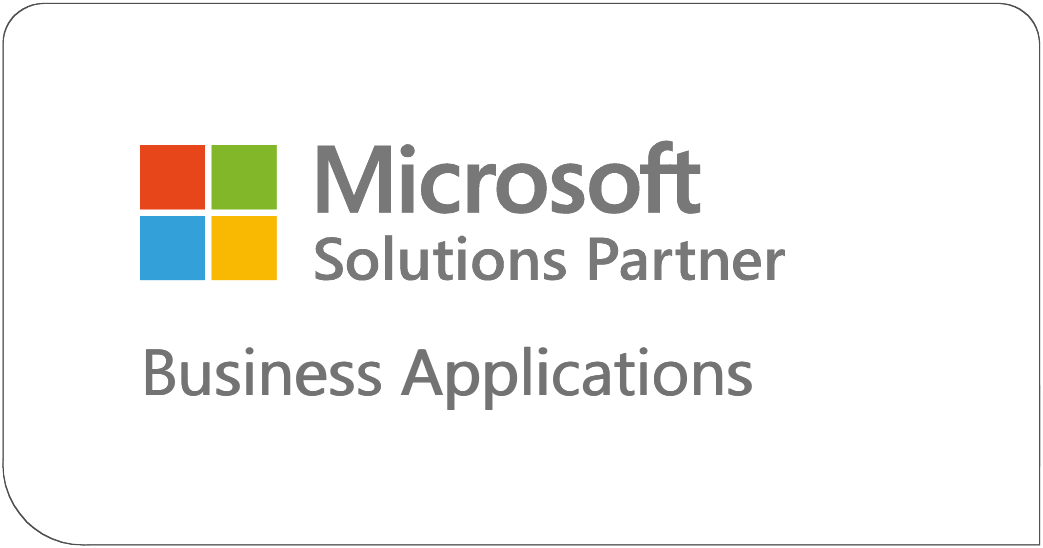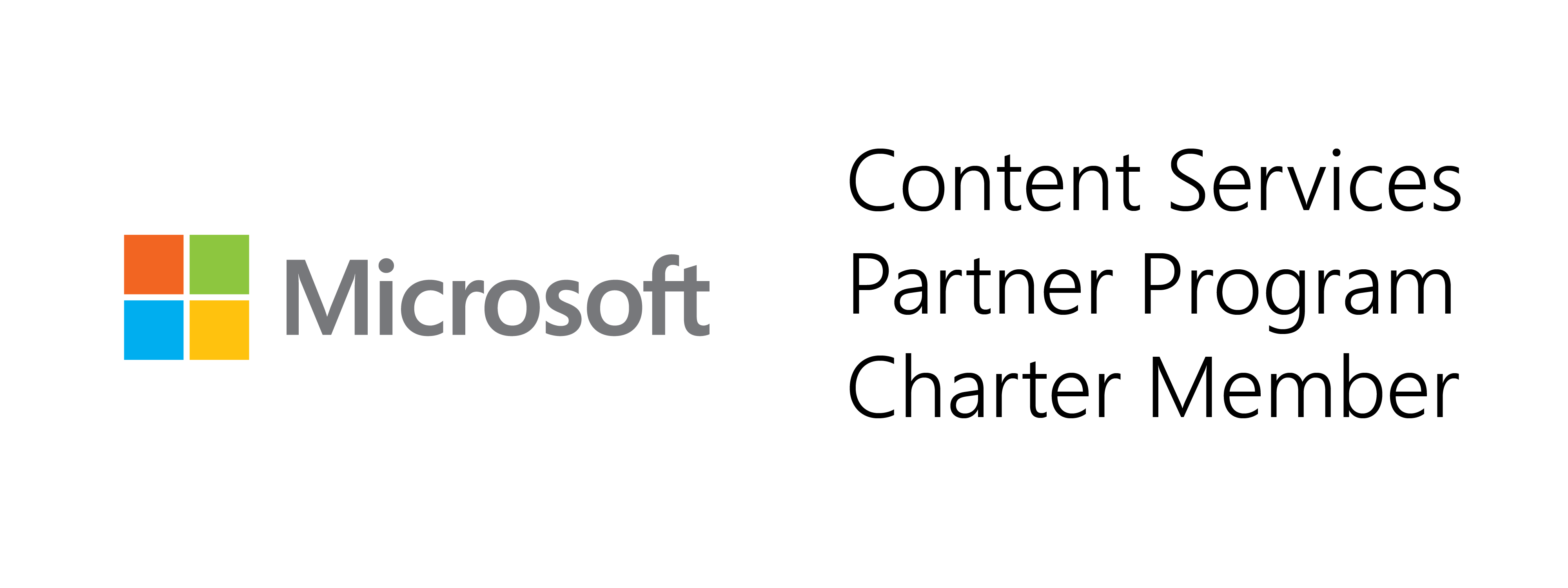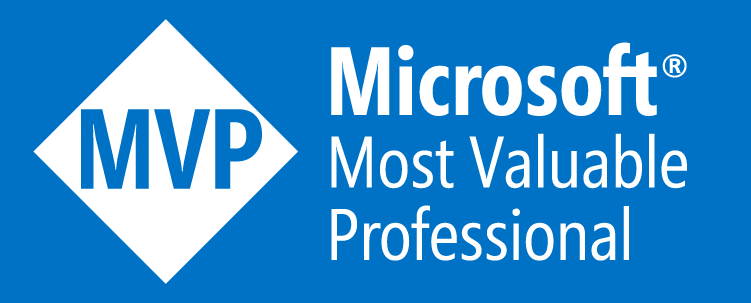Decoding the Future: AI Products Shaping the Tech Companies
The world of technology is evolving at lightning speed, because of the ever-expanding capabilities of artificial intelligence (AI). From virtual assistants in our pockets to personalized recommendations on our screens, AI is subtly woven into the fabric of our lives. But what are the companies driving this innovation, and how do their AI offerings compete? Let’s peek behind the curtains and explore the AI products offered by some of the biggest names in IT and software.
Giants of the Industry:
Meta, IBM, Salesforce, Amazon, Apple, Microsoft, Nvidia, Google, and OpenAI — these names represent not just household brands but also pioneers in the development and application of AI. Each company offers a diverse range of products, catering to different needs and applications.
Understanding the AI Landscape:
To navigate this complex landscape, we need to analyze these products through three key criteria:
Features: What core functionalities does the product offer? Does it excel in natural language processing, image recognition, or code generation?
Use Cases: How is the product being used? Does it assist businesses, entertain users, or facilitate research?
Technical Specifics: What’s under the hood? Does the product rely on deep learning algorithms, neural networks, or another technology?
Artificial intelligence (AI) has become a transformative force across industries, mainly changing how we interact with our technology and navigate the world around us. Major tech companies are leading the charge in AI development, embedding intelligent capabilities into the tools and services we daily use – From virtual assistants that understand our natural language to self-driving cars that navigate complex road environments, AI is blurring the lines between science fiction and reality.
Let’s look at the specific AI offerings of some of the biggest names in tech to see how they’re shaping the future of AI and its applications.

Meta (formerly Facebook)
Meta leverages AI for various applications, including:
- Facebook AI Research (FAIR): An open research lab focusing on fundamental AI challenges like natural language processing (NLP) and computer vision.
- DeepFace: Facial recognition technology for photo tagging and security purposes.
- AutoML: Automates the process of building machine learning models, making AI more accessible.
Integration: FAIR’s research feeds into Meta’s products like Facebook Ads, which uses AI for targeted advertising, and content moderation tools that leverage NLP.
Security: Meta acknowledges the privacy concerns surrounding facial recognition and emphasizes responsible development practices.
Standout Example: Meta’s use of AI in its advertising platform allows for highly targeted campaigns based on user data and interests, leading to increased campaign effectiveness.

Salesforce
Salesforce Einstein is a suite of AI tools for customer relationship management (CRM):
- Sales Cloud Einstein: Predictive lead scoring, opportunity insights, and automated workflows to boost sales efficiency.
- Service Cloud Einstein: Case classification, sentiment analysis for customer support chats, and next-best-action recommendations for service reps.
- Marketing Cloud Einstein: Audience segmentation, journey automation, and real-time personalization for marketing campaigns.
Integration: Einstein seamlessly integrates with the Salesforce CRM platform, providing AI-powered insights directly within the workflows users are already familiar with.
Security: Salesforce adheres to industry-standard security practices to protect customer data and utilizes features like role-based access control to restrict access to sensitive information.
Standout Example: Salesforce Einstein can analyze customer data to identify potential churn risk and recommend proactive actions to retain valuable customers.
Pricing Structure:
Sales Cloud Einstein
Sale Cloud Einstein includes the Sales Cloud Unlimited edition at $330 per user per month. For other Sales Cloud editions like Enterprise ($165 per user per month) and Professional ($80 per user per month), Sales Cloud Einstein can be added for an additional $50 per user per month.
Service Cloud Einstein
To access the AI-powered Service Cloud Einstein capabilities, customers need to be on at least the Professional Service Cloud edition and pay an additional @50 per user per month for the Service Cloud Einstein add-on, unless they are already on the Unlimited edition where it is already included.
Marketing Cloud Einstein
The core Marketing Cloud platform pricing starts at $1,250 per month (USD) for the Growth edition, with higher tiers like Plus ($2,500 per month) and Advanced ($4,000 per month) providing additional capabilities. Einstein AI features can be added on top of these base Marketing Cloud plans to unlock predictive intelligence and automation capabilities across the marketing lifestyle.

Amazon
Amazon Web Services (AWS) offers a comprehensive suite of AI services through Amazon SageMaker:
- Pre-trained Models: Ready-to-use models for tasks like image recognition, text analysis, and object detection.
- Machine Learning Workflows: Tools for data preparation, model training, and deployment.
- Amazon Rekognition: Image and video analysis for facial recognition, scene detection, and object identification.
- Amazon Transcribe: Speech-to-text conversion with speaker identification and sentiment analysis capabilities.
Integration: SageMaker integrates seamlessly with other AWS services, allowing developers to build and deploy AI applications at scale.
Security: AWS offers robust security features like encryption at rest and in transit, and access control mechanisms to ensure data security.
Standout Example: Amazon Rekognition is used by media companies to automatically categorize video content based on objects and scenes, making content search and management more efficient.
Pricing Structure:
Amazon Rekognition offers a pay-as-you-go pricing model based on the number of images/videos processed and the specific APIs used.
Breakdown:
Image Analysis
- There are two groups of APIs: Group 1 (CompareFaces, IndexFaces, SearchFacesByImage, SearchFaces) and Group 2 (DetectFaces, DetectModerationLabels, DetectLabels, DetectText, RecognizeCelebrities, DetectProtectiveEquipment).
- Pricing is tiered based on monthly usage across each API group:
- First 1 million images: $0.001 per image
- 1-5 million images: $0.0008 per image
- 5-35 million images: $0.0006 per image
- Over 35 million images: $0.0004 per image (Group 1), $0.00025 per image (Group 2)
- There is a free tier of 5,000 images per month for 12 months for each API group.
Face Metadata Storage
- To enable face search, you need to store face metadata which is charged at $0.00001 per face metadata object per month, pro-rated for partial months.
Video Analysis
- For streaming video from Kinesis video streams: $0.00817 per minute of video processed.
- For stored video from S3: $0.10 per minute of video processed.
Amazon Transcribe offers a pay-as-you-go pricing model based on the seconds of audio transcribed per month.
Free Tier
- 60 minutes of free transcription per month for the first 12 months.
Standard
- Billed per second of audio transcribed, with a minimum charge of 15 seconds per request.
- Tiered pricing with volume discounts for higher usage.
- Example US pricing: $0.0004 per second ($0.024 per minute) for the first 1 million seconds, $0.0002 per second ($0.012 per minute) for next 4 million seconds, $0.0001 per second ($0.006 per minute) for over 5 million seconds.
Transcribe Medical
- For medical conversation transcription
- Higher pricing than standard, e.g. $0.00125 per second ($0.075 per minute) in the US.
- Includes understanding of medical terminology.

Apple
Apple’s AI technologies are woven into the fabric of its devices and operating systems:
- Siri: A virtual assistant that understands natural language and performs tasks like setting reminders, making calls, and controlling smart home devices.
- Core ML: A framework for developers to integrate machine learning models into their iOS apps for on-device processing.
- Face ID and Touch ID: Secure biometric authentication systems powered by AI-powered facial and fingerprint recognition.
- QuickType: Predictive text suggestions and emoji recommendations based on your typing style and context.
Integration: Core ML allows developers to leverage AI capabilities within their iOS apps, expanding the functionalities available to users.
Security: Apple prioritizes user privacy. Face ID and Touch ID data are stored securely on the device using a secure enclave, and user data is anonymized for machine learning training.
Standout Example: Core ML is used in apps like image editing tools that leverage AI for features like automatic background removal and object selection.

Microsoft
Microsoft Azure offers a robust AI platform with various services:
- Azure Cognitive Services: Pre-built AI models for tasks like facial recognition, text translation, and sentiment analysis.
- Azure Machine Learning: Tools for building, training, and deploying custom machine learning models.
- Azure Bot Service: Framework for developing intelligent chatbots for customer service and other applications.
- Azure Computer Vision: Analyze images and videos for content insights, object detection, and facial recognition.
Integration: Azure services integrate seamlessly with other Microsoft products like Power BI and Dynamics 365, enabling a unified AI experience across the Microsoft ecosystem.
Security: Microsoft adheres to a multi-layered security approach that includes encryption of data at rest and in transit, regular security audits, and compliance with industry standards like SOC 2 and HIPAA.
Standout Example: Microsoft Azure Cognitive Services are used by retailers to personalize product recommendations for customers based on their browsing history and past purchases, leading to a more engaging shopping experience.
Microsoft Copilot empowers users to work smarter, enhance productivity, stimulate creativity, and maintain seamless connections with people and resources. As an AI companion, Copilot operates across various platforms, intelligently adjusting to individual needs for a more efficient workflow experience.
Pricing Structure:
Microsoft Copilot (Free Version)
- Available for free to individual users.
Copilot Pro ($20 per user per month)
- Subscription service for individuals and small businesses.
- Includes advanced features like image creator and access to Copilot GPT Builder.
- Integrated with Microsoft 365 apps.
Copilot for Microsoft 365 ($30 per user per month)
- Designed for enterprise customers with enhanced security, privacy, and compliance.
- Provides AI assistance across Microsoft 365 apps and access to company data.
- Requires a qualifying Microsoft 365 subscription (E3, E5, Business Standard, or Business Premium).
Copilot for Sales and Service ($50 per user per month add-on)
- Add-on for Dynamic 365 Sales and Service plans.
- Offers AI-powered sales and customer service tools like opportunity summaries and content generation.
- Included for free with Dynamics 365 Sales Enterprise and Sales Premium.
Microsoft Copilot for Security (Provisioned Capacity)
- Pricing is based on provisioned Security Compute Units (SCUs) per hour.
- The recommended starting capacity is 3 SCUs per hour.
- Provides AI-powered security insights and automation for Microsoft Security products.

OpenAI
OpenAI is a company dedicated to researching and deploying artificial intelligence to ensure that it benefits humanity. They particularly focus on the research and development of advanced AI algorithms in the realm of deep learning.
Offers several notable products:
- GPT-3 (Generative Pre-trained Transformer 3) aka Freemium: A powerful language model capable of generating realistic and creative text formats, from code to poems.
- GPT-4 (Generative Pre-trained Transformer 3): GPT-4 has enhanced capabilities for creative and technical writing tasks such as generating, editing, and iterating with users on screenplays, songs and learning user’s writing styles.
- Codex: An AI system that translates natural language instructions into code, assisting programmers in automating tasks and improving coding efficiency.
- DALL-E 2: A state-of-the-art image generation model that can create photorealistic images from textual descriptions.
- Sora AI: Sora is an AI model that generates videos based on textual instructions, delivering both realistic and imaginative scenes.
Integration: OpenAI’s products are primarily accessed through APIs (Application Programming Interfaces), allowing developers to integrate AI functionalities into their applications.
Security: OpenAI acknowledges the potential risks associated with powerful AI models and emphasizes responsible development practices. They have published guidelines on safety and mitigating bias in AI development.
Standout Example: OpenAI’s Chat GPT is used by content creators to generate ideas for marketing copy, scripts, or product descriptions, streamlining the creative process.
Pricing Structure:
GPT-4
- $0.03 per 1,000 tokens for input (prompts)
- $0.06 per 1,000 tokens for output (completions)
- Content window: 8,192 tokens (around 8 pages of text)
GPT-4-32K
- $0.06 per 1,000 tokens for input
- $0.12 per 1,000 tokens for output
- Context window: 32,768 tokens (around 50 pages of text)
GPT-3.5 Turbo
- $0.002 per 1,00 tokens for both input and output
- Context window: 4,096 tokens (Instruct model) or 16,384 tokens (Base Model)
Code Model (Codex)
- Pricing is the same as the GPT language models used for fine-tuning.
Images Models
DALLE-3
- $0.002 per standard 1024×1024 image
- $0.04 per HD 1024×1792 or 1792×1024 image
DALLE-2
- $0.016 per 1024×1024 image

Nvidia
NVIDIA AI Enterprise provides a cloud-native platform for deploying AI workloads across data centers, public clouds, and edge environments. Offers optimized software for AI model development, training, and inference, along with data processing and analytics tools.
Integration: Integrates seamlessly with popular cloud platforms like AWS, Google Cloud, Microsoft Azure, and Oracle Cloud. It supports various virtualization technologies, including VMware, Red Hat OpenShift, and Canonical’s Charmed Kubernetes, enabling deployment across diverse IT environments.
Security: Prioritizes security with features like secure deployment of AI models, encryption, and compatibility with enterprise-grade management tools. It also adheres to industry standards for security and manageability.
Standout Examples: Uber has adopted NVIDIA AI Enterprise inference software to deliver high-performance AI services to its customers, leveraging the platform’s advanced capabilities. leading application and cybersecurity providers like CrowdStrike, SAP, and ServiceNow are adopting NVIDIA microservices to accelerate AI-powered application development.
Pricing Structure:
NVIDIA pricing models offer flexibility with perpetual licenses, annual subscriptions for on-premises or cloud deployments, and specialized options for edge AI use cases.
Note: Enterprise support and discounts are also available.
NVIDIA AI Enterprise is available through various pricing models, including:
Perpetual License
- $3,595 per CPU socket for a perpetual license
Cloud Marketplaces
- Available on AWS, Google Cloud, Microsoft Azure, and Oracle Cloud marketplaces
- Pricing based on usage, for example:
- $1 per GPU per hour on Google Cloud Marketplace (promotional pricing subject to change).
NVIDIA IGX Orin Platform
- For edge AI deployments using NVIDIA IGX Orin, pricing is as follows:
- $1,250 per unit for a 1-year subscription license
- $450 additional per unit for upgrading to Business-Critical support.
- Add-ons:
- $750 per unit per year for NVIDIA IGX Safety Extension
- $500 per unit per year for NVIDIA IGX Yocto
Support Options
- Business Standard support included with licenses
- Option to upgrade to Business Critical support for additional cost (e.g. $450 per IGX Orin unit).
Discounted Pricing
- Education Pricing Program for qualified institutions
- NVIDIA Inception Program for startups (up to 16 1-year subscriptions at a reduced price within 12 months

IBM
IBM has a rich history in AI research and offers a comprehensive suite of AI tools and services through IBM Watson and WatsonX. Watson provides a wide range of capabilities, including:
- Natural Language Processing (NLP): Analyze and understand the meaning of text data for tasks like sentiment analysis, question answering, and information extraction.
- Machine Learning: Build and deploy custom machine learning models for tasks like image recognition, fraud detection, and predictive maintenance.
- Computer Vision: Extract insights from images and videos for applications like defect detection in manufacturing or automated visual inspection.
Integration: Watson integrates with various IBM cloud services and can be customized to specific industry needs through toolkits and APIs.
Security: IBM prioritizes data security with features like encryption, access control, and continuous monitoring to safeguard sensitive information.
Standout Example: IBM Watson is used in healthcare to analyze medical data and generate insights that can assist doctors in diagnosis and treatment planning, leading to improved patient outcomes.
Pricing Structure:
IBM offers several pricing plans for its Watson and WatsonX products, including Watson Assistant, WatsonX Orchestrate, and WatsonX AI/Data/Governance.
Watson Assistant
- Lite Plan: Free, Includes basic features.
- Plus Plan: $140 per month, Includes up to 1,000 monthly active users (MAUs), 5,000 resource units for conversational search, 10 assistants, and 30 days of analytics data retention.
- Enterprise Plan: Contact IBM for pricing, which includes 50,000+ MAUs, 30 assistants, up to 90 days of analytics data retention, and additional enterprise features.
Note: Additional fees are applied on extra MAUs, resource units, assistants, and add-ons like telephony integration.
WatsonX Orchestrate
- Standard: $1,500 per month, includes 1,000 resource units, 3 custom AI assistants, and up to 1,000 MAUs.
- Advanced: $4,500 per month, includes 5,000 resource units, 10 custom AI assistants, and 1,000+ MAUs.
WatsonX AI/Data/Governance
- WatsonX AI: Pricing based on resource units (RUs) for model inference ($0.60 per RU) and capacity unit hours for Machine Learning tools/runtimes. Different tiers offer varying levels of access to features like prompt tuning and model hosting.
- WatsonX Data: Hourly pricing for compute/storage nodes, e.g. $2.80 per hour for cache node, $6.50 per hour for compute node. Includes 2,000 free RUs
- WatsonX Governance: Pricing based on resource units used for model evaluations (max 500 local explanations per global explanation), and inventories.
These pricing aims to provide flexibility with different tiers and resource-based pricing models to match usage needs.
The Evolving AI Landscape
This is just a glimpse into the vast and ever-evolving world of AI products. Companies are constantly innovating, pushing the boundaries of what’s possible. Key trends to watch include:
Focus on Industry-Specific Solutions: AI is tailored to address specific needs in various industries, from healthcare to finance to retail.
On-Device Intelligence: Processing power is shifting to devices, enabling secure and private AI experiences.
Explainable AI: Understanding how AI systems reach conclusions is crucial for building trust and transparency.
Ethical Considerations: As AI becomes more integrated into our lives, addressing potential biases and ensuring responsible development becomes increasingly important.
Learning about AI tools from top tech companies helps us see how AI can change many industries. As AI keeps getting better, we can look forward to new and exciting ways it will affect our use of technology and interaction with the world.
- Transform Your Business with Microsoft Copilot for Dynamics 365 - July 11, 2024
- Microsoft Copilot for Financial Services - June 26, 2024
- Webinar Recap | Microsoft SharePoint Premium in Action | Document Processing Case Study - June 13, 2024
Related Posts
Subscribe our newsletter
Enter your email to get latest updates.




